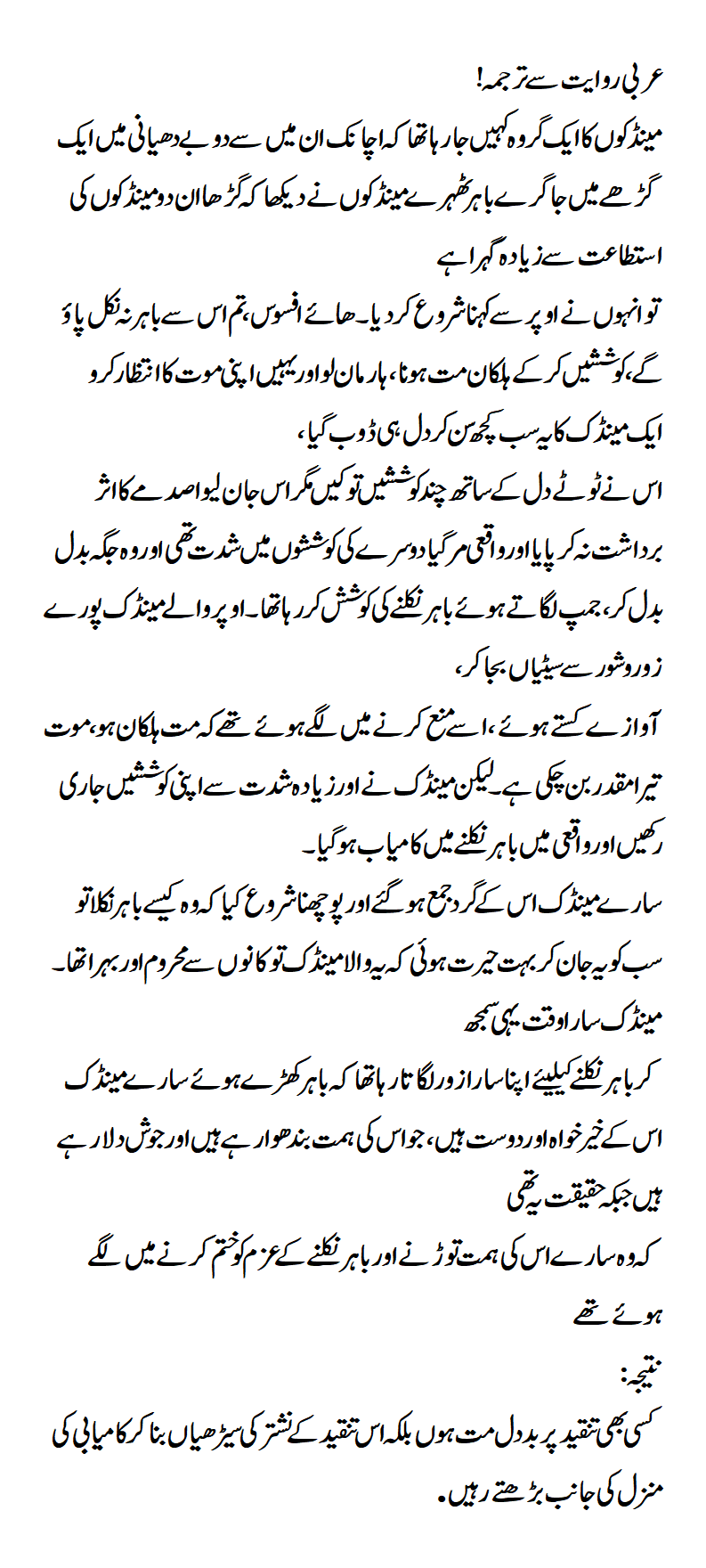Translation and interpretation is the branch of communication. In Arabic tradition of translation it is one of the human activities that have existed since ancient times. It aims at interpreting the meanings contained in texts and converting them from one language (source language) into texts in another language (the target language).
This point of view is similar to the European opinion, for example, Wilss (1982: 3) states that translation is a transfer process which aims at the transformation of a written source language text into an optimally equivalent target language text, and which requires the syntactic, the semantic, and the pragmatic understanding and analytical processing of the source text.
Translation into Arabic dates back to the 2nd century, when Arabs translated Persian history into Arabic, and it went through several stages of transformation since then. Later on, all of this knowledge which the Arabs had developed was translated into Western languages, such as Turkish, Hebrew and Latin. According to MC Morrow (1998:15), in the 7th century Baghdad had one of the most prominent medical schools, which was also a school of translators.
In that time the works of Persian and Arab physicians were translated into Latin at Toledo School of Translators. In addition they translated the botanic names and the names of herbs. Throughout the history Arabic literature developed and became known to other cultures through translation. A number of Arabic books were translated from Arabic into English in the end of the 20th century.
In 1988 the Egyptian writer Naguib Mahfouz was awarded a Noble prize which made publishers realized the significance of contemporary Arabic literature. Since that time many Arabic books have made their way into English, including poetry, such as the book “I do not want this poem to end” by Mahmoud Darwish.
It is also important that a lot of books are translated into the Arabic language, e.g. novels, short stories, works by popular and classical, famous writers. The works translated into Arabic include texts by Alexander Pushkin, Anton Chekhov, Leonardo Da Vinci, William Shakespeare, Joanne Rowling.The most serious challenges for translating from Arabic into English and vice versa are the following:
